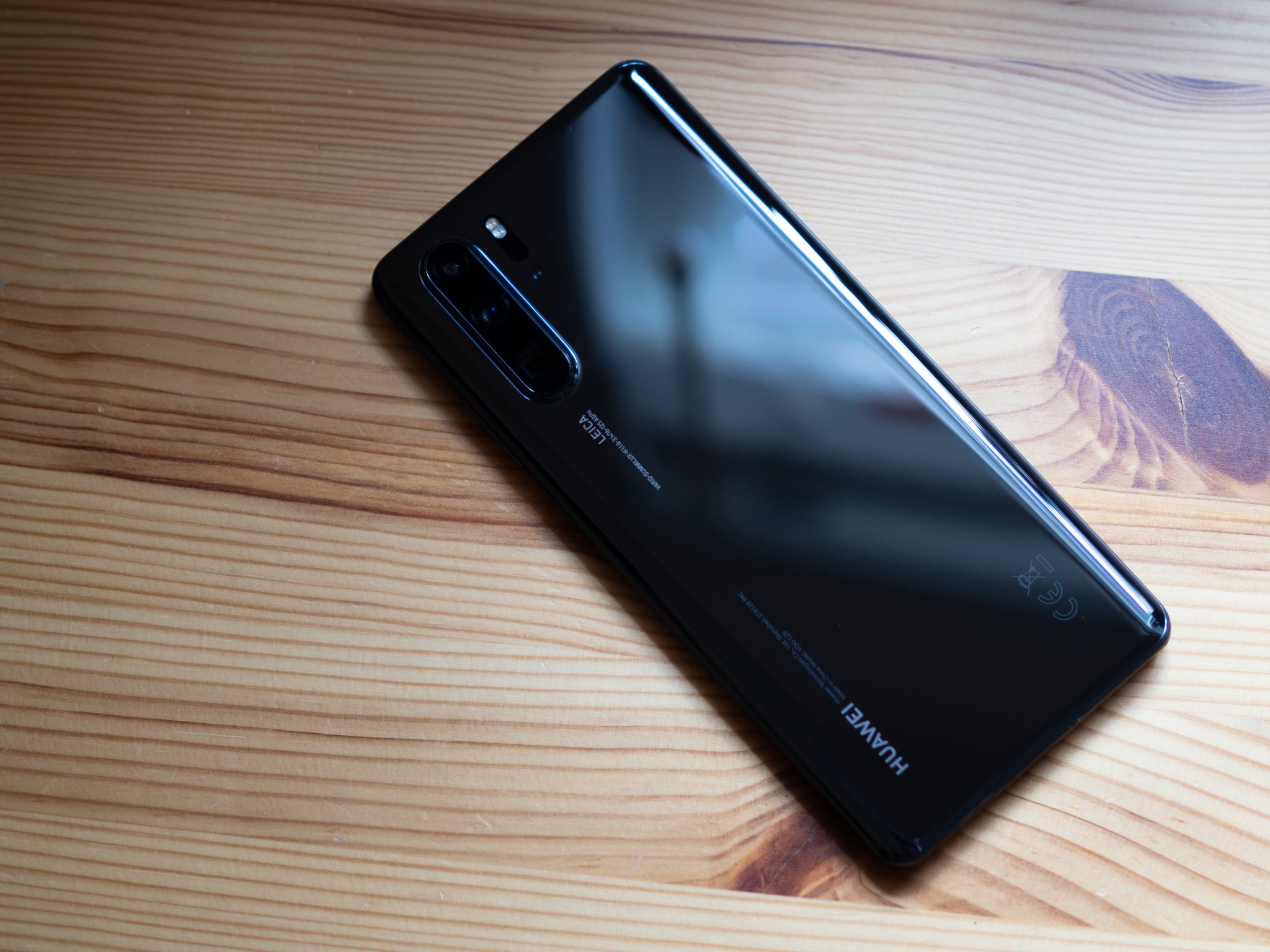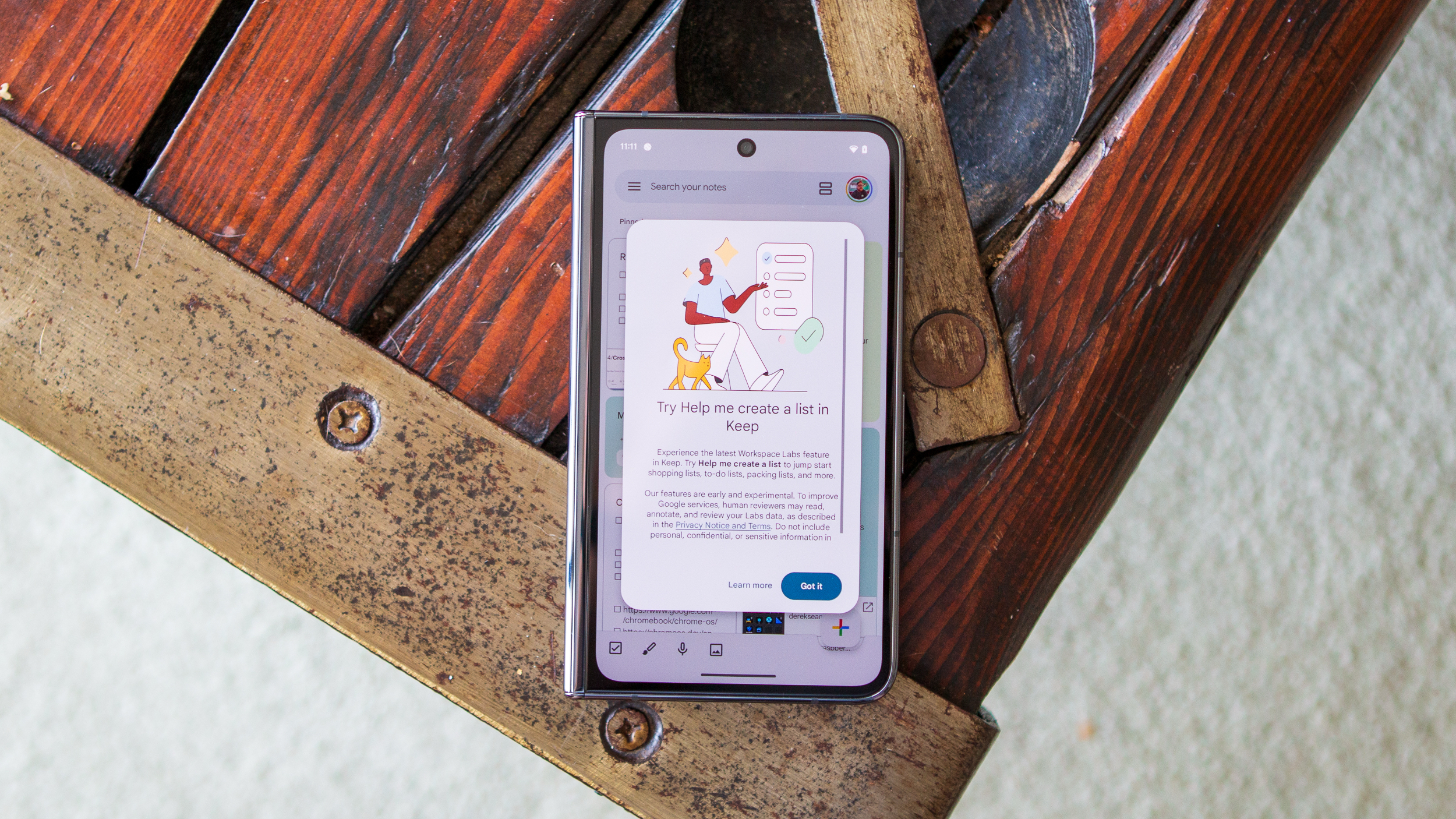Huawei Android ban: Mate 30 without Google? Will your phone get updates?

Huawei's ongoing difficulties with the U.S. government have blown up into a major international news story, with Google pulling the Chinese company's Android license — and there are huge implications for the future of Huawei's smartphone business.
Before we get to what this actually means for you and your Huawei phone, let's hit a very brief history of run-ins between America and Huawei. The U.S. government accuses Huawei of being in cahoots with the Communist Party of China, and thus posing a national security risk. This has all ramped up under President Trump's term, but U.S. concerns about Huawei and ZTE, which is also claimed to have ties to the Chinese state, date back to the Obama years.
Huawei is a bargaining chip in U.S.-China negotiations.
Last year the U.S. Congress reportedly pressured AT&T and Verizon to ditch plans to launch the Mate 10, scuppering Huawei's plans to expand its consumer brand into the U.S. After this, U.S. government employees were forbidden from using phones from Huawei or ZTE. Then late last year the CFO of Huawei was detained at the behest of the U.S. while transiting through Canada. The U.S. accuses her (and Huawei, through a subsidiary company) of supplying U.S. tech to Iran, in violation of U.S. sanctions. In recent months the U.S. has pressured allies in Europe against using Huawei's tech in their developing 5G networks.
Which brings us to last week, when Huawei was added to the U.S.'s "Entity List," of organizations working contrary to U.S. national security interests. This restricts its ability to work with American technology — individuals or companies on the list need a permit from the U.S. to export American goods, including hardware and software. While the U.S. seems mainly concerned about Huawei's network equipment, Huawei's blacklisting also has a major impact on its consumer business.
This is a huge deal with potentially fatal consequences for Huawei's phone and laptop business outside of China.
Intel and Qualcomm's processors, and more importantly Google's Android and services, count as American exports. And so, as of now, Huawei needs a permit to use them. And, because it doesn't have one yet, companies have started pulling the plug in order to comply with the law.
Hence the big news most recently that Google has suspended its dealings with Huawei and revoked its Android license. That's a huge deal with potentially fatal consequences for Huawei's phone and laptop businesses outside of China. And it's important to note: this isn't Google choosing to screw Huawei — it needs to revoke its license to comply with U.S. law.
According to Reuters, which first broke the story, Huawei will "immediately lose access to updates to Google's Android operating system. Future versions of Huawei smartphones that run on Android will also lose access to popular services, including the Google Play Store and Gmail and YouTube apps." The Commerce Department has granted Huawei a temporary license to operate for some functions to mid-August, but that won't do much beyond giving the company an opportunity to run and maintain current infrastructure and devices.
Get the latest news from Android Central, your trusted companion in the world of Android
That means future Huawei phones would likely be left with the Google-free version of Android used on its phones in mainland China — an enormous, potentially fatal disadvantage given the dominance of Google's services in the West. Huawei would no longer get access to future versions of Android ahead of release, nor advanced access to Android security patches. For any Android updates at all, it'd need to wait until the code hits the Android Open Source Project (AOSP) — usually right around the time of the public release, up to a year later than it would otherwise have access to this stuff. (AOSP Android is the open, barebones version of Android without the additional Google bits that are increasingly important, like Google Play Services.)
It also presents problems for firmware updates to existing devices. Huawei devices sold in the West have their software certified by Google in order for Google Pay and DRM and other sensitive apps to work properly. This is called SafetyNet, and it's basically Google's stamp of approval that the firmware is trustworthy and legit. If Huawei can't work with Google, in theory it can't get certification for major updates to current devices.
It's worth noting that Huawei has been granted a temporary license allowing it to update existing devices, which is good until August 19, 2019. After that, however, the prospects for updates to Huawei phones becomes extremely murky.
Without some sort of license deal worked out, future Huawei phones would be left with the Google-free version of Android.
We're not just talking about Android Q here, but also any changes to sensitive parts of the firmware. The choice would be to leave all its devices on their current firmware after the August 19 cut-off, which would be bad ... or break SafetyNet by shipping future Android security patches. Or, Huawei could leave most of the firmware as it is, and try to tiptoe around any changes that might break SafetyNet. (Even then, some things would be impossible to change while keeping certification.)
All of those are bad options.
When it comes time for a new Huawei phone to launch, the options would be even more unpalatable: either skip a Western launch entirely, or ship it with some variation the Google-free Android it currently uses in China. Needless to say, an Android phone without Google is going to be a very, very hard sell outside of China.
After the current generation of devices runs its course, Huawei will be unable to compete.
Skip ahead a year, and things get worse still. Huawei would be at a disadvantage compared to all its Android competitors, since it wouldn't enjoy the early access to Android R that'll be afforded to the likes of Samsung and LG. It would be virtually impossible for Huawei to keep pace with the competition.
The U.S. government knows this, of course, which is why the most likely outcome isn't any of the above, but instead Huawei either being taken off the Entity List, or given a (non-temporary) permit by the U.S. to work with Google, Microsoft, Intel and other key partners on a more permanent basis. Given the timings of this latest news and the ongoing U.S.-China trade war, it's quite likely the future of Huawei's consumer business is being used as leverage.
If the U.S. wants to effectively kill Huawei's phone business outside of China, all it needs to do is not provide it with a permit to do business with Google. In my opinion, a compromise as part of an eventual trade deal is much more likely. Look at what happened to ZTE in 2018: the company was caught with its pants down not once but twice, then blacklisted by the U.S., but eventually removed after negotiations.
Huawei's phone business is just collateral damage. The real target is the company's 5G infrastructure ambitions.
I also don't think it's likely we'll see any other Chinese phone brands — like OnePlus or Oppo — targeted in this way, as some have speculated. Remember, Huawei's phone business is collateral damage. The real target is the company's 5G infrastructure ambitions. Still, what happens next is unclear. The statement from the Android team is interesting in that it doesn't mention security patches specifically, but rather the malware protection provided through Google Play to all devices, regardless of OS version or patch level. Huawei's own statement promises to continue providing "security updates" for current devices, but doesn't say how it'll solve the technical and legal dilemmas we've talked about.
How this plays out will be decided in the weeks ahead — is there a quick resolution between Huawei and the U.S., perhaps with significant strings attached? Or does this drag out for months? The key time frame to watch out for is around the fall, as Huawei prepares to launch its new Mate phones, and its temporary license expires.
So, the bottom line if you own a Huawei phone or are thinking about getting one? First, I couldn't blame you if you waited to see how this all plays out before parting with your cash. That said, Huawei is promising security updates for current devices — it's just not clear what form that'll take after its license expires in August. Obviously for Android OS updates beyond P and Q, all bets are off. However I do will think a relatively speedy resolution to this as part of a deal with the U.S. government is the more likely outcome, as opposed to Huawei being a second-class Android OEM in the long-term.

Alex was with Android Central for over a decade, producing written and video content for the site, and served as global Executive Editor from 2016 to 2022.
